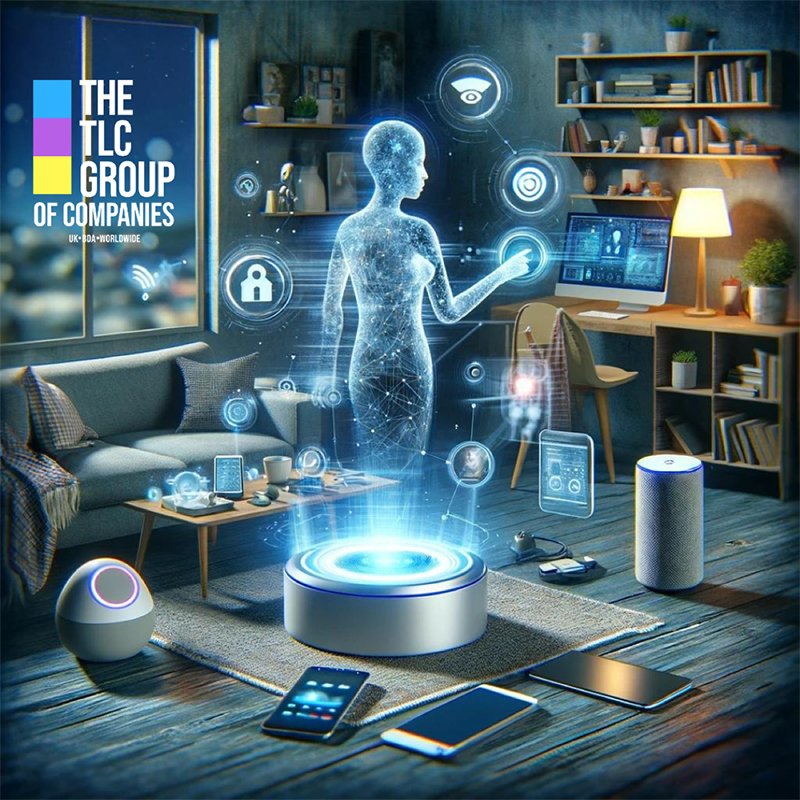Column: TLC Group On The Invisible Helpers
[Opinion column written by The TLC Group]
Artificial intelligence [AI] quietly orchestrates many aspects of our daily lives, often in ways we scarcely notice. From streamlining mundane tasks to offering personalized experiences, AI has transformed what convenience means in the modern age. But as these systems grow more integral to our routines, a vital question emerges: Where do we draw the line between enjoying convenience and feeling like we’re losing control? Let’s explore this nuanced relationship and hear your thoughts on the matter.
AI-Driven Convenience at Your Fingertips
Smart Assistants: Every morning, many of us interact with AI before we even get out of bed. Smart assistants like Siri, Alexa, and Google Assistant can read us the news, control our home devices, manage our calendars, and even suggest the fastest route to work based on current traffic conditions.
Personalized Recommendations: Whether it’s Netflix suggesting a new series based on your viewing history or Spotify curating a playlist that seems to read your mood, AI’s role in personalization enhances our entertainment and leisure time without us needing to lift a finger.
E-Commerce Optimization: AI is also a silent partner in shopping online. It cleverly analyses your browsing and purchase history to offer tailored recommendations. Ever noticed how those ads seem to know exactly what you’ve been thinking about buying? That’s AI at work, making sure your shopping experience is as seamless as possible.
The Trade-Off: Convenience vs. Control
While these conveniences are undeniably beneficial, they also prompt us to consider the trade-offs. As AI takes over more decisions and tasks, the line between being assisted and being controlled can become blurred.
Privacy Concerns: The more we rely on AI, the more data we give up. Smart devices and services collect vast amounts of information about our habits, preferences, and even our physical locations. This data exchange is the price of convenience, but it raises legitimate concerns about privacy and data security.
Decision-Making: There’s also the issue of decision fatigue — AI can reduce it by making choices for us, from minor decisions like what to watch, to significant ones like customizing health plans based on our biometric data. But this can lead to a dependency where we’re no longer making choices but merely following suggestions, potentially limiting our experiences and personal growth.
Autonomy in the Workplace: In professional settings, AI tools can enhance efficiency by automating routine tasks. However, this also sparks debates about the future of human roles in the workplace and how much control workers have over their tasks and skills development.
Let’s Discuss
As we navigate this landscape, it’s crucial to keep the conversation going. What examples of AI-driven convenience have you noticed in your daily life? Are there instances where it feels like too much, perhaps crossing a line where convenience becomes uncomfortable? How do you balance the benefits of AI with the desire to maintain control over your choices and privacy?
Join the discussion below and share your experiences and thoughts on how AI should evolve to enhance our lives without overstepping.
Read More About
Category: All, technology



